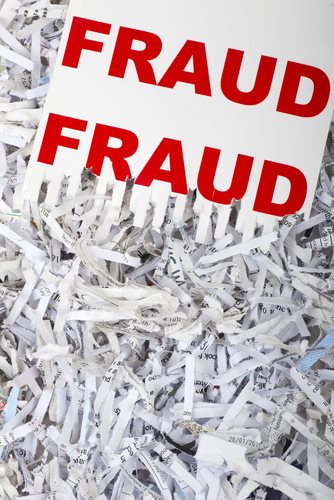What Are The Securities Fraud Overview





 The Stanford Law School
The Stanford Law School
Securities Classaction Clearinghouse released a study that displayed statistics
regarding securities fraud lawsuits between the years of 2006-2007. The study
showed that the number of securities fraud lawsuits rose approximately 43%
during this time period. Securities fraud (aka stock fraud or investment fraud)
is a scheme that involves luring investors into bad investments based on
falsified information. The end result is typically financial loss for the
investor. The investments are usually either bought or sold based on untrue
facts inside of the stock or commodity market. Often times, the data
located inside of the SEC (Securities and Exchange Commission) files are often
manipulated or fraudulent. Untrue data may also be found in the company’s
financial statements. Securities fraud also allows for other illegal practices
to be committed by the businesses in question. These crimes may include:
embezzlement, insider trading, and stock manipulation schemes.
There are many different types of securities fraud. These schemes can include:
corporate fraud, securities online
fraud